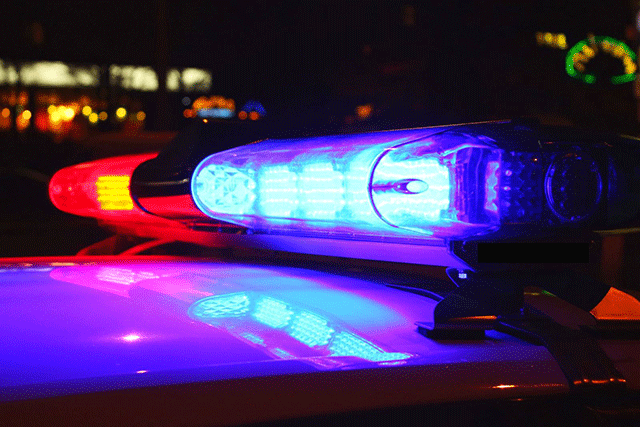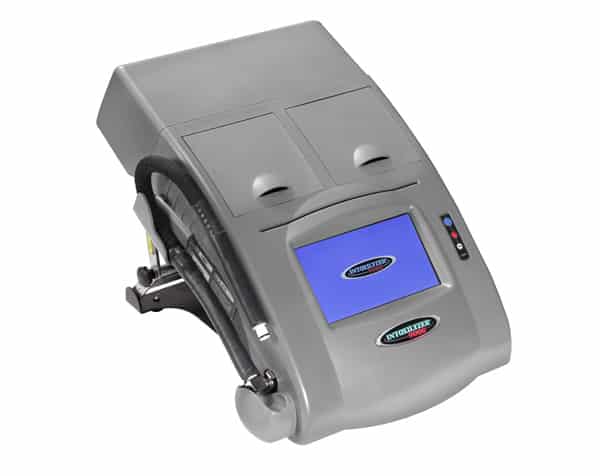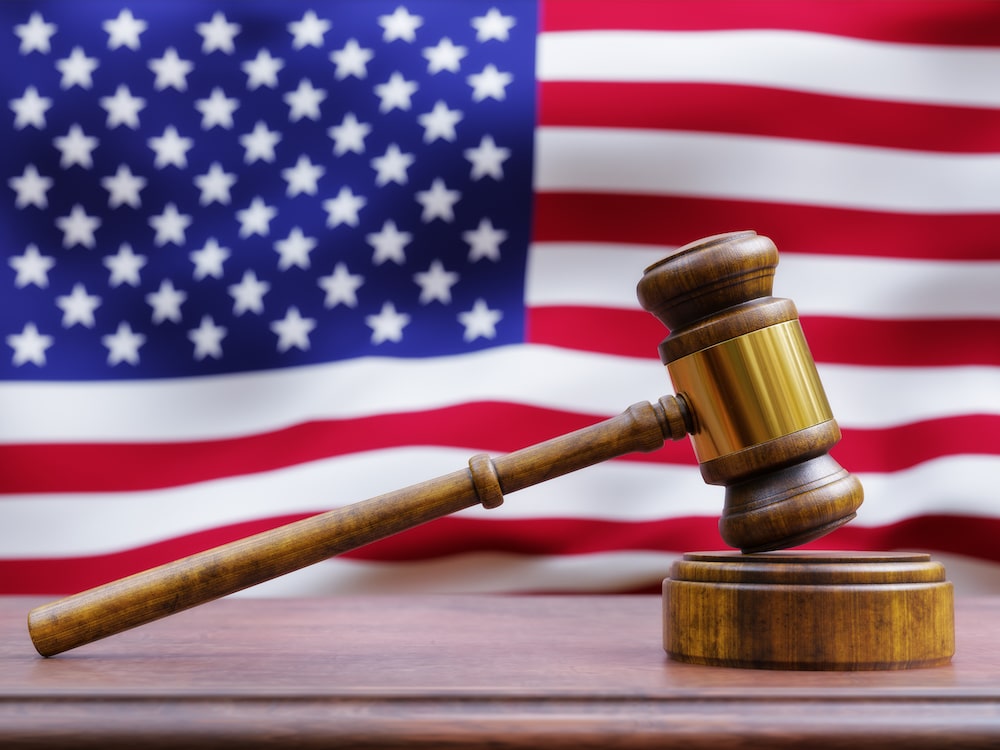Intoxication manslaughter is when you cause the death of another person by accident or mistake while committing the act of BWI, FWI, or while operating a motor vehicle while intoxicated in a public place (DWI) and by reason of your intoxication.
It is considered the highest degree of intoxication related offense, and may occasionally escalate to a felony murder charge depending on the circumstances of the incident. As a potential felony conviction, it’s incredibly important that you fully understand your case, the details of your arrest and charge, and how the results of your cas may impact your life.
Working with a professional DWI lawyer can help you understand the circumstances and potential consequences of your charge. Experienced legal counsel is a useful way to better understand your situation and potentially defend your rights.
GET A FREE CONSULTATION
Consequences of Intoxication Manslaughter
Intoxication manslaughter is classified as a Felony of the Second Degree. An intoxication manslaughter offense under this section is a felony of the second degree, which may result in a fine up to $10,000 and 2 to 20 years in the Texas Department of Criminal Justice and a driver’s license suspension ranging from 180 days to 2 years.
Upon conviction, there is an annual $1,000 to $2,000 surcharge fee for a period of 3 years in order to retain your driver’s license. Felony convictions also carry the standard penalty of disqualification from voting and possessing a firearm.
Even in situations where probation is granted, there is still a requirement of a 120 day jail sentence.
Additional Penalties
If the vehicle was driven in a way that made it a deadly weapon, then there is an additional penalty that prohibits good time credit in prison to be considered for early release until half of the sentence has been satisfied.
Deadly weapon findings may also limit the circumstances in which a person may receive probation.
For bond, an ignition interlock device will often be required, as well as a range of potential other limitations on your driver’s license, driving capabilities, or other social factors.
Ignition Interlock Requirements
As a condition of bond, the court will require you to install a vehicle ignition interlock device on your car, and you will not be allowed to operate a motor vehicle that is not equipped with such a device.
The interlock device determines the presence of alcohol in your breath, and if the device detects a certain level of alcohol, the vehicle will be temporarily disabled.
Additionally, the court will order the accused to abstain from alcohol use and the use of controlled substances without a prescription. The court may enforce this by ordering random drug testing. In some circumstances, the court may even order the accused not to operate a motor vehicle while their case is pending.
Working With a DWI Lawyer
Navigating the complex process of fighting a DWI or possession charge can be difficult on your own. If you want to retain your rights and have the best shot at a favorable outcome against these kinds of charges, relying on experienced legal counsel from a professional DWI lawyer in Houston can help your chances when it comes to fighting these charges.
Get a free consultation with our professional DWI lawyers, and discuss the details of your case to see how we might be able to help you better defend your rights and understand your charges.








